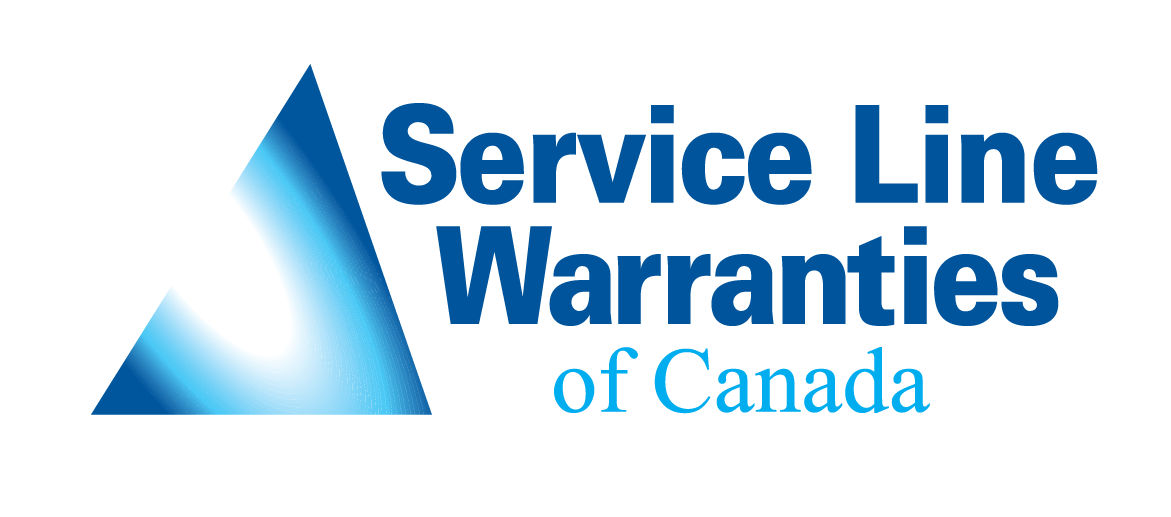As the number of COVID-19 cases increases, the federal government is enacting measures to slow the spread, including closing our borders, a $82 billion economic aid package and a $1 billion response fund to educate residents.
“The resources announced will help our hospitals and clinics across the country respond to any surge in demand,” Minister of Health Patty Hajdu said. “They will also increase our ability to educate Canadians about actions we can all take to limit the spread of COVID-19. I thank all health care workers and organizations working so hard to protect the health of Canadians. We stand by you and will ensure that you have the resources you need to continue your vital work.”
As municipal officials and staff, your residents will be looking to you for frank and timely updates about COVID-19 in your community and for guidance in navigating the outbreak. The best guides will be federal, provincial and local health officials, but stopping the spread of the virus will be key to maintaining the health and safety of your residents.
Here is a roundup of measures taken thus far around the nation:
- Residents can be reassured that municipal water treatment removes or inactivates the virus and the disease has not been found in a municipal water supply. Transmission risk through municipal sewer systems is thought to be low, and wastewater department employees should continue to practise standard precautions. Wastewater processing is believed to remove or inactivate the virus.
- Seniors are being hit hardest by COVID-19, and they also are disproportionally impacted by runs on everyday items like toilet paper and hand sanitizer. However, Canadians are addressing social distancing through forming online support groups that provide real assistance, friendship and entertainment for those who must self-isolate. In addition, many groceries are providing seniors-only shopping hours for seniors and others at elevated risk.
- Public health officials say that the danger of contracting the virus on public transportation is “extremely low,” but recommend avoiding touching your face and washing your hands immediately after riding. However, several transit systems are stepping up their cleaning and disinfecting of transit vehicles, and Metrolinx will scale back GO Transit and UP Express to coincide with an expected drop in ridership as people practise social distancing.
- The Supreme Court of Canada has postponed hearing a constitutional challenge of the carbon tax, and Alberta has suspended jury trials. Defendants have the option for a judge-alone trial, and more provinces may follow suit.
- To discourage large gatherings, Ontario officials announced restrictions on restaurants and bars, allowing only delivery and pick-up service; ordered the closure of daycares; and banned gatherings of more than 50 people, including entertainment venues and religious groups. Across the country, health centres, restaurants and entertainment venues are either voluntarily closing or limiting services.
- Manitoba has ordered the closures of daycares, preschools and casinos, restricted visiting at long-term care facilities and nursing homes and canceled gatherings of more than 50 people. The province also has opened two dedicated testing facilities.
- British Columbia has declared a public health emergency, shutting down bars and clubs and ordering restaurants to keep patrons at least two metres apart or switch to take out service.
- Saskatchewan also has declared a public health emergency, ordering gyms and casinos to close, limiting bars and restaurants to half their usual occupancy and banning gatherings of more than 50 people. Within the province, the Federation of Sovereign Indigenous First Nations also has declared an emergency, while warning many of their members don’t have access to healthcare or supplies.
- P.E.I has taken the step of suspending the spring sitting of the legislature, along with the closure or restriction of nonessential businesses, including dental clinics, and partial shutdown of the Charlottetown airport. The P.E.I Housing Corp. and Maritime Electric announced they would be temporarily suspending evictions and shut-offs.
- Newfoundland and Labrador also have closed or restricted nonessential businesses and suspended all but the most urgent Supreme Court cases and moved Court of Appeal cases to telephone or video. Pharmacists will be permitted to refill or renew prescriptions to alleviate the demand on doctors.
- Some municipal meetings may be required by law, and you should encourage those attending to participate remotely if possible and maintain distance of at least two metres between those whose attendance is mandatory. If possible, meetings should be postponed or canceled.
- Many businesses are asking their employees to work from home, and those tech companies who offer work-from-home services are bracing for an influx of demand as businesses and schools grapple with offering work or learn from home solutions.
- Hospitals are pre-screening visitors for symptoms, requiring visitors to sanitize their hands before entering and canceling elective surgeries to open up beds for anticipated COVID-19 patients. Many also are setting up offsite screening facilities and cross-training personnel. The Public Health Agency of Canada has put the call out for nurses, stepping up hiring efforts in all major cities.
- Nova Scotia hospitals are going a step further, banning almost all visitors and looking to re-license retired doctors and nurses. The province also has imposed limitations or closures on daycares, bars, casinos and restaurants.
- Some cities are shutting down nonessential city offices temporarily. While some resident-facing city departments, such as utility offices, remain open, many have online options for bill paying and other services. If those options are available, this should be communicated to residents.
- Cities should keep their residents informed through all possible channels – traditional media, social media, phone trees and city websites – and many are dedicating specific pages on their websites to coronavirus news and encouraging residents to bookmark them. CBC and Radio Canada are making the CBC News Network more widely available, so Canadians can stay up-to-date.
- Scammers are taking full advantage of concerns about COVID-19, attempting to sell fake testing kits and decontamination services and attempting to phish for personal information by presenting themselves as WHO or police representatives. Make sure your residents are aware of these attempts and how to prevent their information from being stolen.
This will be a difficult and stressful time for municipal officials and staff. Clear communication about the virus, how individual residents can prevent the spread and measures your community is taking to limit the spread will be paramount in helping your residents make the best choices for themselves and your community.

